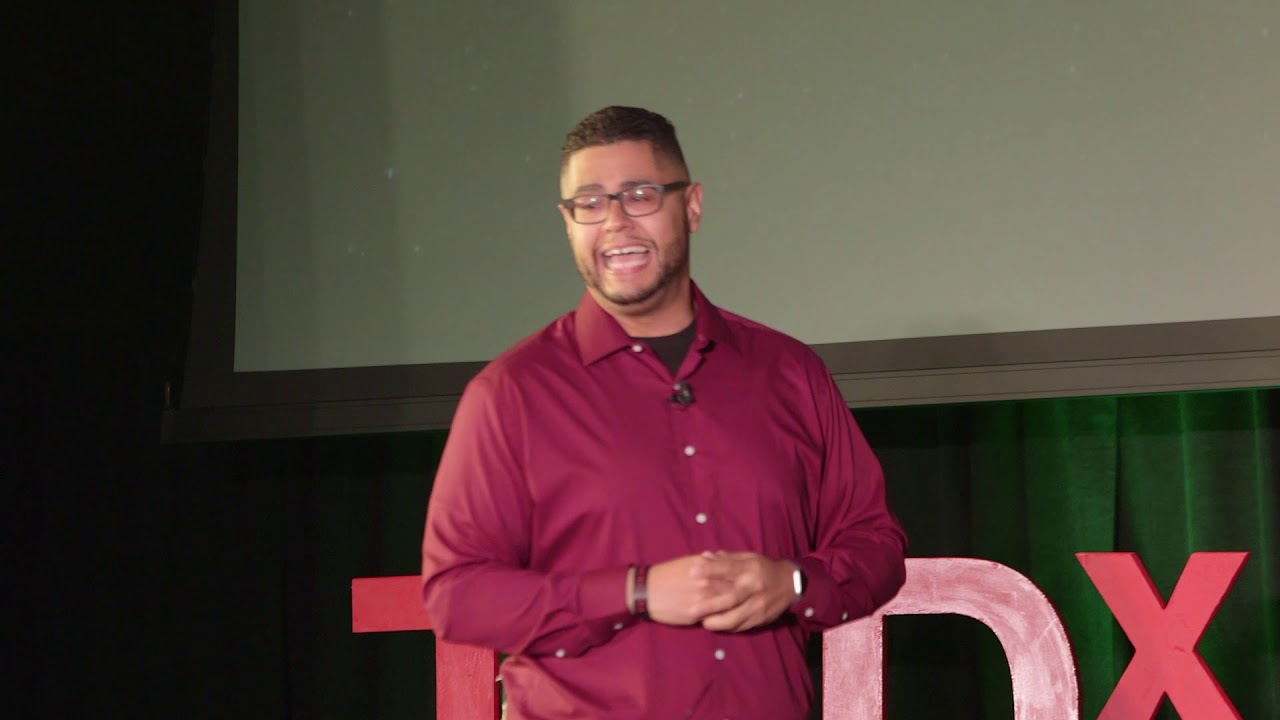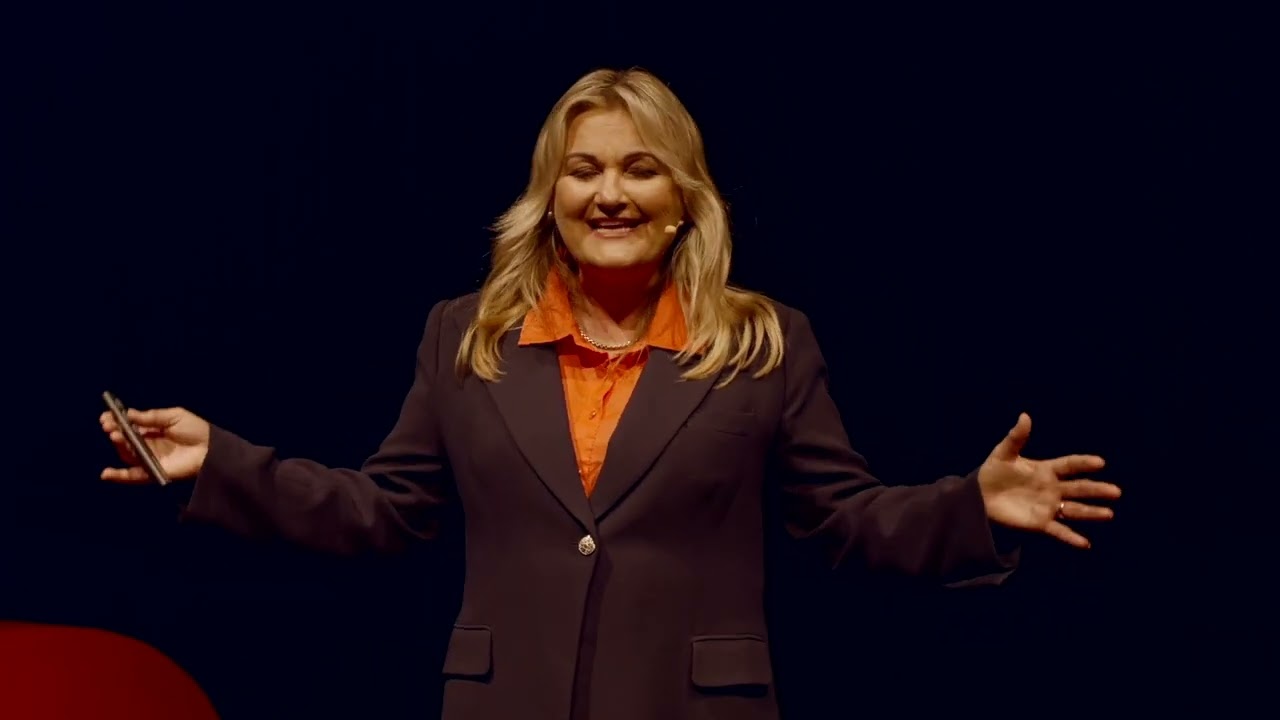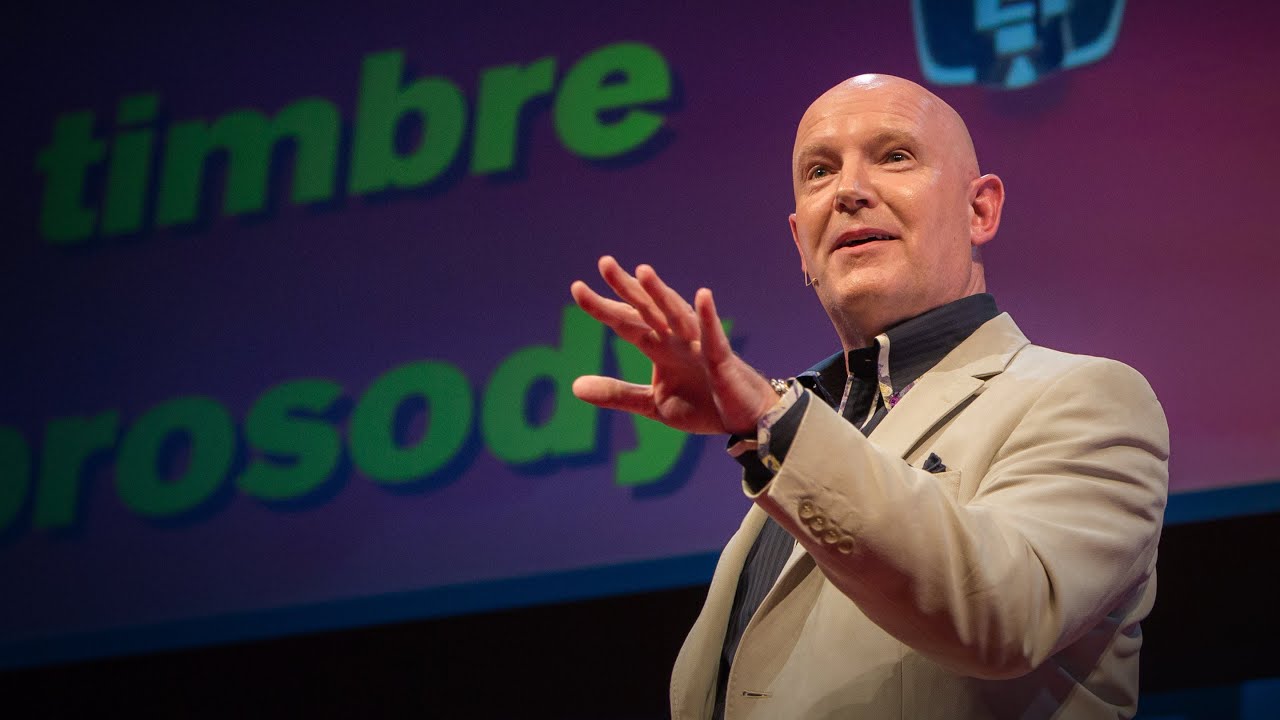Effective communication is the backbone of both personal and professional success. We’ve all experienced a moment when the right words, or even the right silence, changed the course of our lives. TED Talks have become a powerful avenue for sharing ideas, especially about ted talks effective communication skills. In this article, we’ll explore the invaluable insights presented in some of the most persuasive TED Talks and discuss how you can apply these lessons to elevate your communication game.
By diving into these transformative talks, we aim to provide you with actionable advice that will not only enhance your speaking ability but also help craft a powerful personal brand. So, whether you’re an aspiring speaker or an entrepreneur looking to engage your audience, get ready to be inspired, motivated, and equipped with the tools you need to communicate effectively!

Top 7 TED Talks on Effective Communication Skills

1. “Your Body Language May Shape Who You Are” by Amy Cuddy
Amy Cuddy’s TED Talk highlights how body language can shape our self-perception and how others perceive us. Ever thought about how you stand can influence your confidence? Cuddy’s research shows that adopting more confident postures—what she dubs “power posing”—can convey authority and presence.
This simple adjustment can amplify your effective communication skills and boost your confidence. So, before you step onto the stage or into a meeting, remember that your body language is silently speaking volumes!
2. “The Power of Vulnerability” by Brené Brown
In a world that often values perfection, Brené Brown advocates for the power of vulnerability as a vital component of strong communication. Her warm anecdotes convey that authenticity builds deeper connections, essential for any speaker or leader.
Brown encourages us to share our imperfections and stories, allowing our audiences to relate on a human level. This takes communication from mere words to heartfelt conversations—something every aspiring speaker should strive for.
3. “How Great Leaders Inspire Action” by Simon Sinek
Simon’s Sinek’s talk revolves around the “Golden Circle” model, emphasizing that the most successful leaders start with “why.” Instead of only communicating the “what” or “how” of their ideas, Sinek insists on articulating the purpose behind actions.
Connecting with your audience through a shared belief can create a loyal following and inspire action. This serves as a powerful reminder that communication isn’t just about the message itself but about the passion behind it.
4. “Listen, Learn… Then Lead” by Carla Harris
Active listening is crucial to effective communication, and Carla Harris delivers this message powerfully. In her talk, she shifts the focus from talking to listening—arguing that understanding comes from engaging fully with others.
By adopting an empathetic approach and truly hearing others, you can transform not only your professional relationships but the outcomes of conversations as well. It’s all about creating that two-way street where ideas and feelings travel both ways!
5. “Every Kid Needs a Champion” by Rita Pierson
Rita Pierson’s emotional appeal centers around the importance of respect and connection within communication. She emphasizes that teachers must foster personal relationships with students, showing that genuine care leads to real impacts.
Her approach shines a light on how meaningful connection can elevate communication even in educational settings. This principle can be applied to any auditorium—after all, when your audience feels seen and respected, they’re more likely to stay engaged.
6. “The Art of Asking” by Amanda Palmer
Amanda Palmer takes a different spin on communication by exploring the art of requesting help. Her vulnerability in communicating her needs highlights the genuine connections that emerge from honest interaction.
Palmer demonstrates that by breaking down barriers and inviting dialogue, we can cultivate communities based on trust and collaboration. It prompts us to redefine how we perceive asking for support—not as a weakness but as an intimate form of engagement.
7. “The Danger of a Single Story” by Chimamanda Ngozi Adichie
Chimamanda Ngozi Adichie warns against oversimplifying narratives in her impactful talk. This resonates deeply in effective communication, especially in our diverse world, where single stories can lead to misunderstanding.
Adichie encourages us to seek a plethora of perspectives, ensuring that conversations reflect the richness of life experiences. Remember, a well-rounded narrative allows for deeper connections and understanding—a goal of every speaker.

Key Takeaways and Strategies for Transformational Communication
Let’s boil it down to some actionable insights:

Transform Your Communication Skills Today
So, are you ready to transform your communication skills? The wisdom shared in these powerful TED Talks can revolutionize how you express yourself and engage others. Effective communication isn’t just about transferring information; it’s about building bridges of understanding and creating emotional connections.
By embodying the principles drawn from these TED speakers, you’ll not only enhance your speaking craft but also reinforce your personal brand. Don’t wait! Dive in, apply these lessons, and prepare to witness a profound transformation—not just in your life, but in the lives of those around you.
As you embark upon this journey, remember that greatness in communication comes from a simple act: connecting! It’s time to take hold of your speaking career and thrive in the business world.
With these insights, you now possess a resource that can guide you toward becoming a more effective communicator. Check out related resources such as speech class For Adults to further develop your skills. You’ll find it viral to not only learn but to practice the art of communication daily, enhancing your journey as a speaker or entrepreneur. Let your voice be heard!

Ted Talks Effective Communication Skills That Transform Lives
Communication Mastery and the TED Principle
Ever wonder how TED Talks pack such a punch? One key is effective communication skills that grab attention and engage audiences. Speakers do more than just talk; they share stories that resonate, much like how real cheating wife stories resonate in pop culture, revealing deeper connections and emotions. TED speakers often spend hours honing their delivery, a process akin to the meticulous prep involved in crafting a killer film. Just as in why do we connect with content that’s well-presented, TED Talks bridge minds and hearts with ease.
But it ain’t all about the speeches themselves. Training is essential! Programs like Tedx training help emerging speakers polish their skills, boost their confidence, and learn the art of captivating audiences. Speaking effectively requires more than just words; it’s about understanding your audience and knowing what clicks with them. It’s a dance, really. Ever try to figure out How To turn off zoom camera in a meeting when you feel nervous? You want your physical presence to match your powerful message!
Tidbits and Trivia to Inspire
Did you know that statistics show about 75% of people experience glossophobia, or the fear of public speaking? It’s no surprise, then, that people flock to TED Talks for inspiration. You might even have a personal favorite! Stars like DJ Qualls have showcased their charisma in films, but TED speakers share their insights to enrich lives. Speaking of richness, do you remember sipping on a chilled russian vodka while enjoying a good laugh? That moment can parallel the light-heartedness a speaker brings to contrasting serious topics!
When honing your style, even small phrases matter. For instance, to pontificate in a sentence could elevate your speech clarity and engagement. A well-timed fun fact can be as refreshing as a pop culture reference to Tokito that brings an audience back into focus. So, whether you’re in a room full of eager learners or a virtual gathering, mastering these effective communication skills helps create moments worth sharing. And who wouldn’t want that? As communication experts continually remind us, every talk can be a conversation starter—it’s all about how you weave your narrative.

What are the 7 effective communication skills?
The 7 effective communication skills include active listening, non-verbal communication, clarity and conciseness, confidence, empathy, open-mindedness, and feedback. These skills help ensure messages are received and understood well.
What is the TED approach in communication?
The TED approach in communication is all about using the “Tell, Explain, Describe” technique, which encourages speakers to share personal insights and provide depth by asking probing questions that engage the audience.
What are five 5 qualities of effective communication?
Five qualities of effective communication are clarity, honesty, empathy, respect, and active listening. These traits help build trust and understanding between individuals.
What are the five 5 principles of effective communication?
The five principles of effective communication are clarity, conciseness, consistency, courtesy, and completeness. Keeping these in mind can lead to better interactions and reduced misunderstandings.
What is 7 C’s principles of effective communication?
The 7 C’s of communication stand for clear, concise, concrete, correct, coherent, complete, and courteous. These principles serve as a guide to ensure effective messaging.
What are the 5 essential communication skills?
The five essential communication skills include active listening, verbal communication, non-verbal communication, emotional intelligence, and written communication. Mastering these can enhance your interactions significantly.
What does TED stand for in communication?
In communication, TED stands for “Tell, Explain, Describe,” which is a technique designed to make discussions more interactive and engaging by inviting deeper insights.
Why TED talks are so powerful?
TED talks are powerful because they combine storytelling, passion, and expert knowledge into concise presentations that inspire and motivate the audience to think differently or take action.
What are the basics of a TED talk?
The basics of a TED talk include a clear message, engaging storytelling, a strong opening, a logical structure, and a memorable closing that resonates with the audience.
What are 5 C’s of communication?
The 5 C’s of communication are clarity, conciseness, coherence, consistency, and courtesy. Following these principles helps ensure your message gets across effectively.
What are the 5 P’s of effective communication?
The 5 P’s of effective communication are purpose, people, process, product, and performance. These elements help guide your communication strategy for better results.
What are the 4 basic communication skills?
The 4 basic communication skills include listening, speaking, reading, and writing. Each one plays a critical role in how we convey and receive information.
What are the 5 R’s of communication?
The 5 R’s of communication are relevance, reassurance, respect, responsiveness, and reflection. Keeping these in mind can enhance the quality of your interactions.
What are the 7 essentials of effective communication?
The 7 essentials of effective communication are clarity, engagement, active listening, empathy, respect, feedback, and adaptability. These keys help create meaningful conversations.
What is one way to reduce poor communication?
One way to reduce poor communication is to practice active listening. This ensures you fully understand what others are saying and can respond appropriately.
What are the 7 major elements of communication and define each?
The 7 major elements of communication include the sender, message, encoding, channel, receiver, decoding, and feedback. Each element plays a role in how communication occurs and is understood.
What are the 7 C’s of effective communication PPT?
The 7 C’s of effective communication in a PowerPoint presentation highlight clarity, conciseness, concrete language, correctness, coherence, completeness, and courtesy to enhance the impact of your slides.
What are the 10 types of communication skills?
The 10 types of communication skills include verbal communication, non-verbal communication, written communication, visual communication, listening skills, negotiation skills, persuasive skills, presentation skills, interpersonal skills, and conflict management skills.
What are the 6 rules of effective communication?
The 6 rules of effective communication are to be clear, concise, engaging, audience-focused, open-minded, and respectful. Following these rules can lead to more effective interactions.









